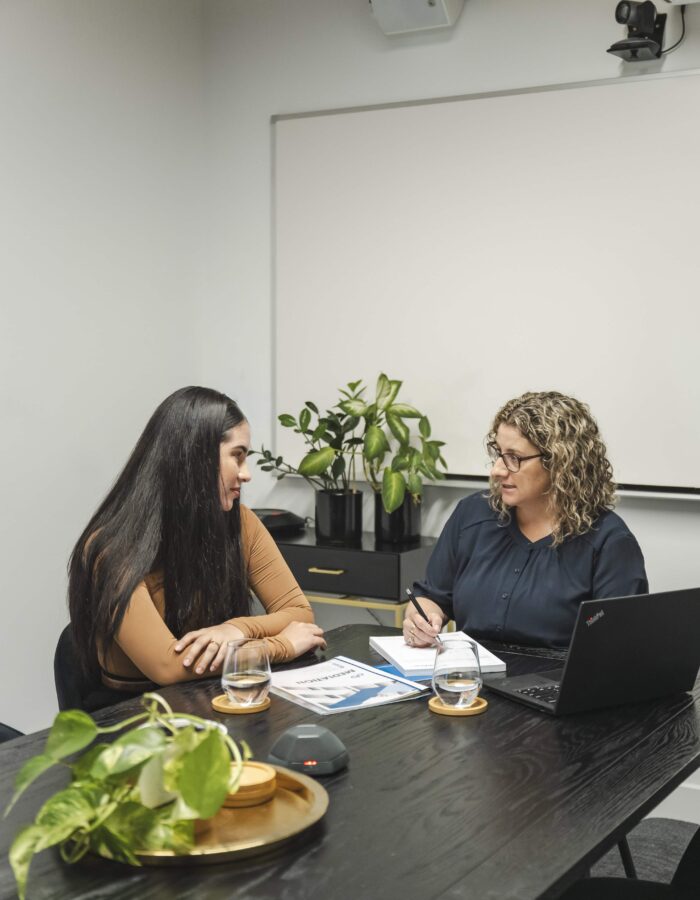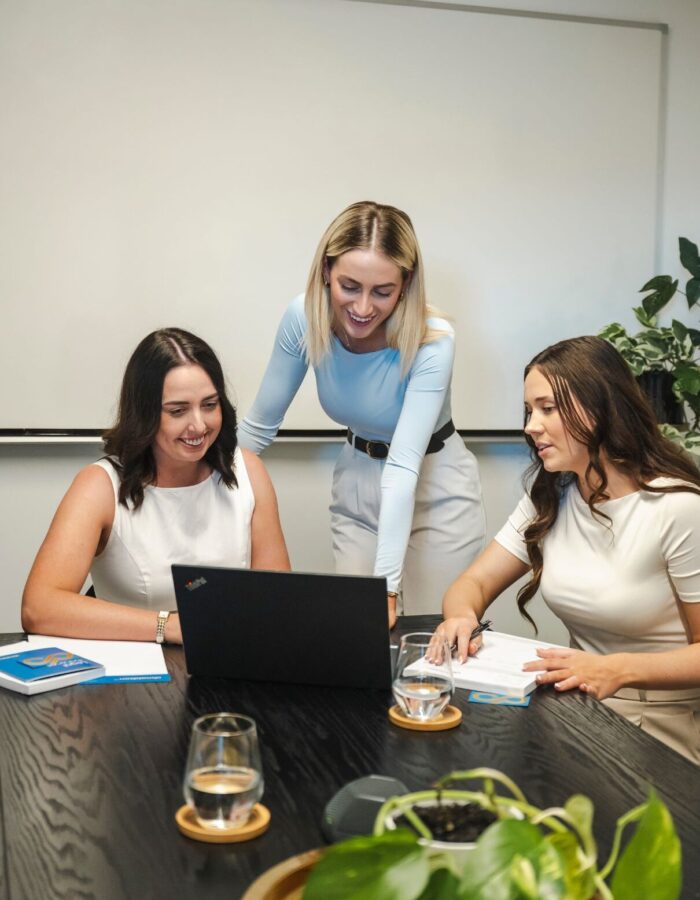Elite Athlete Abuse Lawyers For Australian Athletes
Elite Athlete Abuse Lawyers For Australian Athletes
Elite performance should never come at the cost of your safety or dignity. Yet many current and former elite athletes in Australia describe training environments built on fear, humiliation and control instead of care and respect.
Donaldson Law is widely recognised as a leading Australian firm for elite athlete abuse and sports integrity matters. Our lawyers have represented large groups of gymnasts in the Australian Human Rights Commission review of Gymnastics Australia, advised athletes involved in the AIS Restorative Program and acted for gymnasts, swimmers, volleyball players and other high performance athletes in complex multi party matters.
We act for current and former athletes who have experienced:
- psychological or emotional abuse in high performance programs
- physical or sexual abuse by coaches or support staff
- degrading weigh ins, body shaming or unsafe training methods
- retaliation or silence after raising concerns about coaching behaviour
- failures by sporting bodies to respond to complaints or independent reviews
Many of our clients have carried their experiences for years before speaking to a lawyer. Our role is to listen, to explain your legal rights in clear terms and to help you decide what to do next at a pace that feels manageable for you.

What We Help Elite Athletes With
Elite athlete abuse matters sit at the intersection of abuse law, human rights, institutional accountability and sports governance. We help athletes to:
- understand their legal rights after abuse or serious mistreatment in elite sport
- identify which organisation may be responsible, such as a national body, state institute, club or the Australian Sports Commission
- navigate investigations and reviews by bodies like Sport Integrity Australia or the Australian Human Rights Commission
- explore options under schemes such as the AIS Restorative Program for former scholarship holders
- consider civil claims where the impact of the abuse has caused long term psychological or physical harm
- seek apologies, acknowledgements and practical changes to training environments so that what happened does not repeat for others
Not every elite athlete abuse matter will involve a court claim. Some will centre on restorative processes, redress or structured apologies. Others will require formal litigation to move institutions that have not responded to softer approaches. Our job is to set out the options and to design a pathway that aligns with your safety and your goals.
Types Of Elite Athlete Abuse Matters We See
High Performance Program Abuse
• weight is monitored in humiliating ways
• training loads are unsafe for age or stage
• injuries are ignored
• athletes are screamed at, belittled or isolated
We work with athletes from sports such as artistic gymnastics, rhythmic gymnastics, trampoline, swimming, volleyball and weightlifting who have experienced long term mental health impacts from these environments.
Abuse At the Australian Institute of Sport or State Institutes
We help you understand how that program works, what it can and cannot deliver and how it sits alongside any potential civil claim.
Sexual Abuse or Misconduct In Sport
Systemic Culture and Group Claims
• representing groups of gymnasts seeking systemic change and compensation after the Athlete A documentary
• working with athletes who pushed for independent reviews of gymnastics and other sports
• helping athletes engage with national inquiries and restorative programs in a safe, coordinated way
If you are part of a group of athletes with shared experiences we can help you understand when group strategies may be appropriate and when individual paths still matter.
◈ Elite Athlete Sports We Commonly Act In ◈
You do not need to see your exact sport listed to contact us. These examples show the types of high performance environments we regularly advise on. We have dedicated sub-pages for key sports where we most often act:
From this Elite Athletes hub you can click through to learn more about how the law may apply in your sport and which bodies or schemes may be relevant.
Why Elite Athletes Choose Donaldson Law
Elite athlete abuse is not a standard personal injury area. It calls for a firm that understands trauma, high performance sport and the power dynamics inside sporting systems.
Athletes choose Donaldson Law because:
Elite Athlete Abuse FAQs
If you are a current or former elite athlete and you feel ready to talk about what has happened you can contact us by phone, email or through our online form.
We will listen carefully, set out your legal options in plain language then work with you to design a way forward that reflects both your safety and your goals on and off the field.



